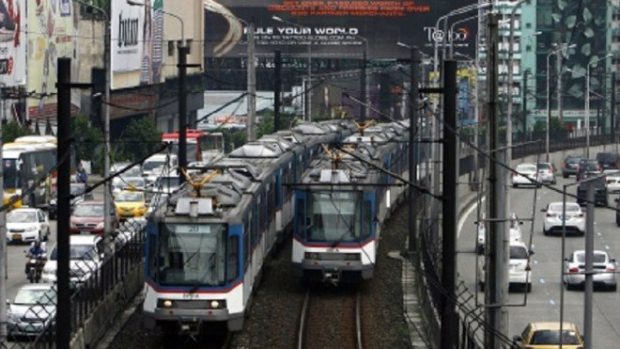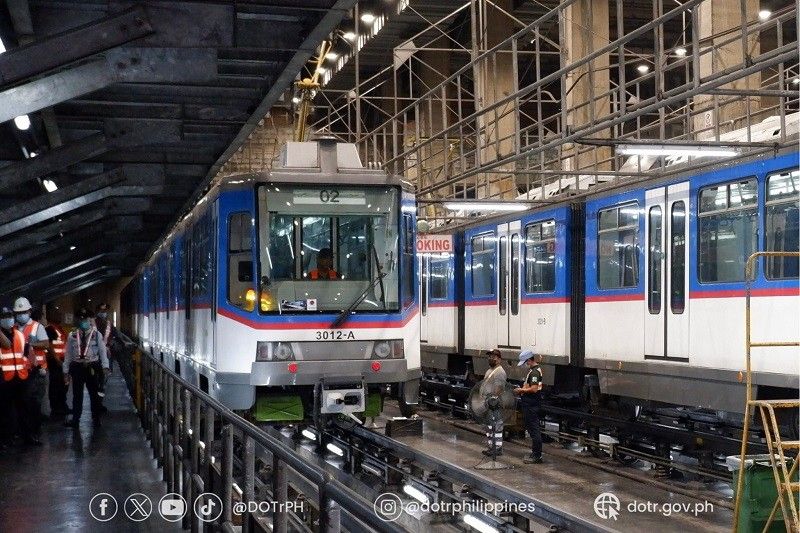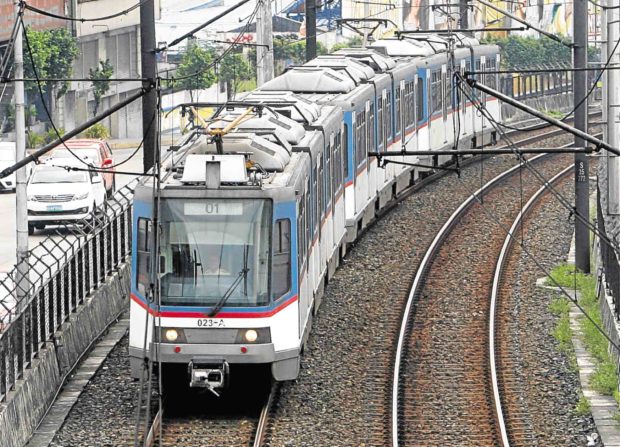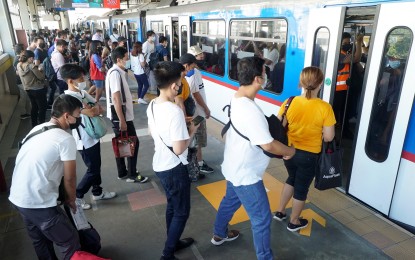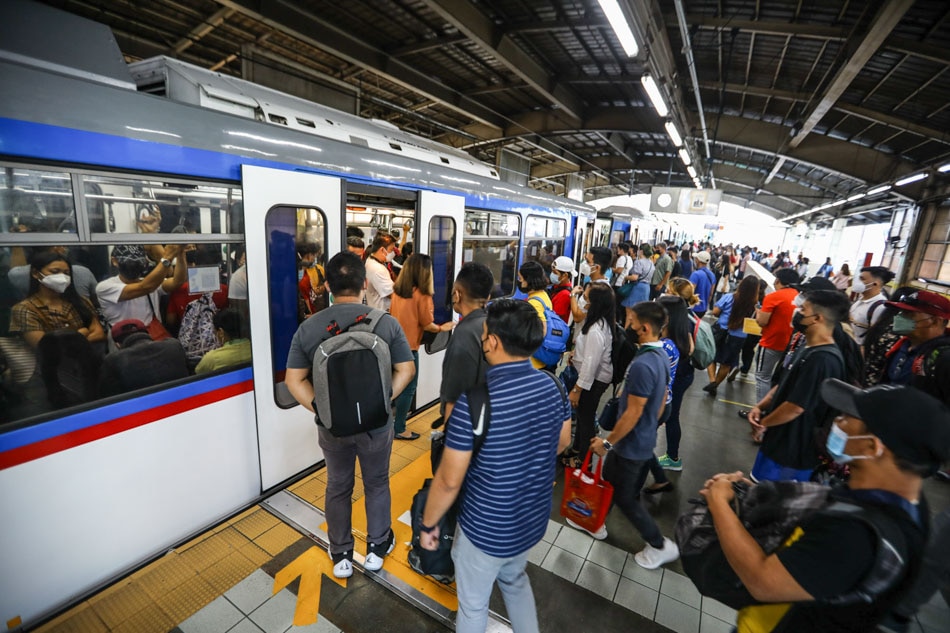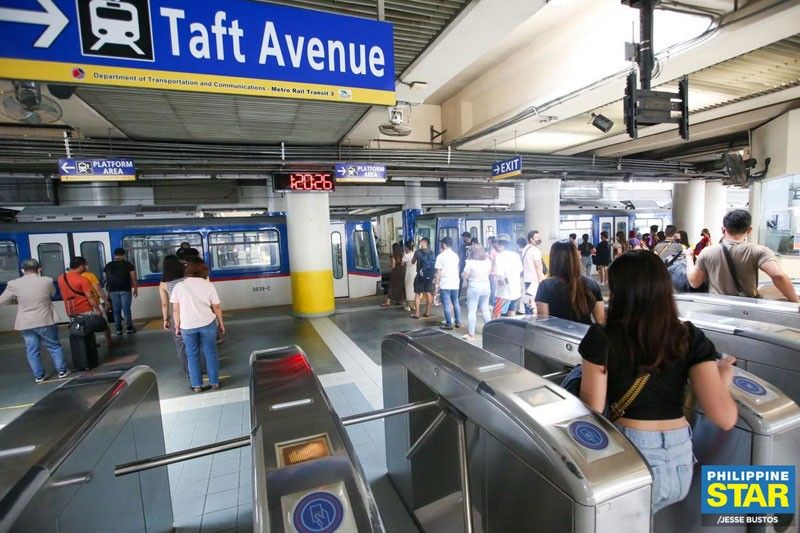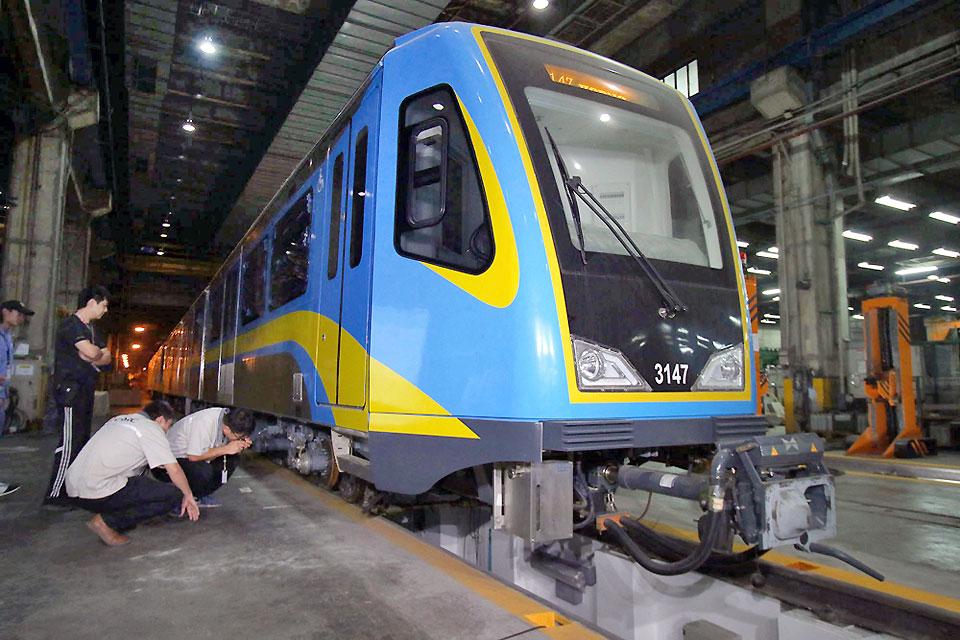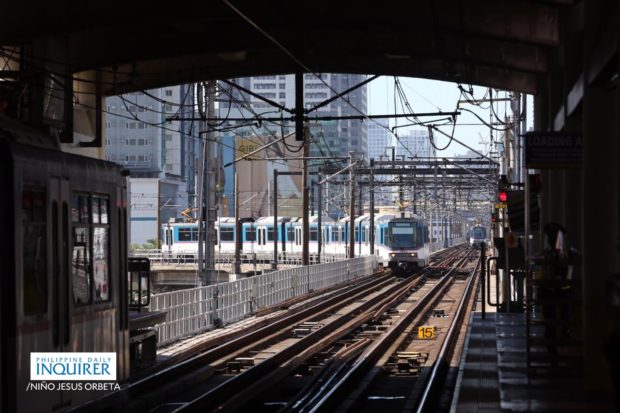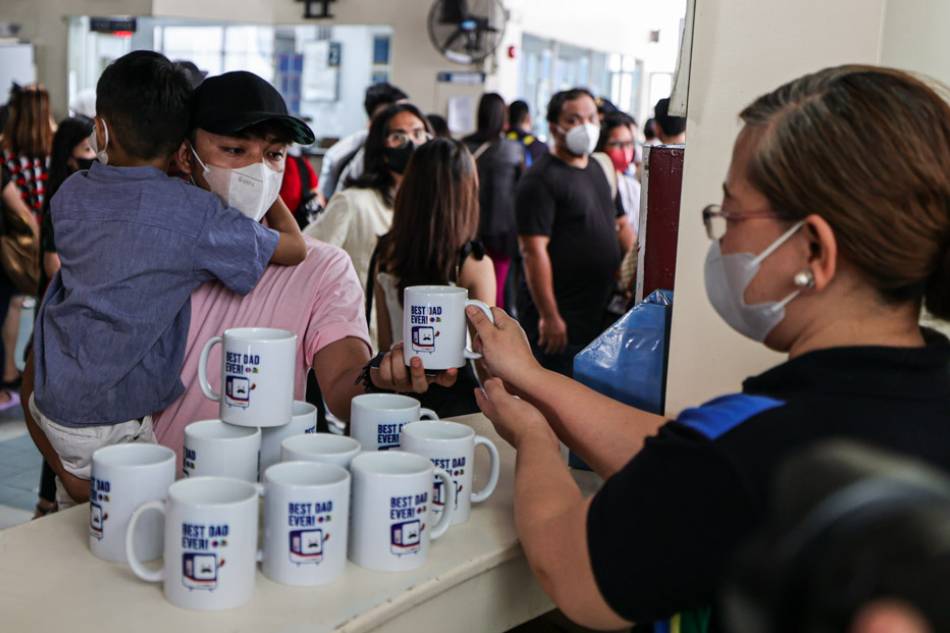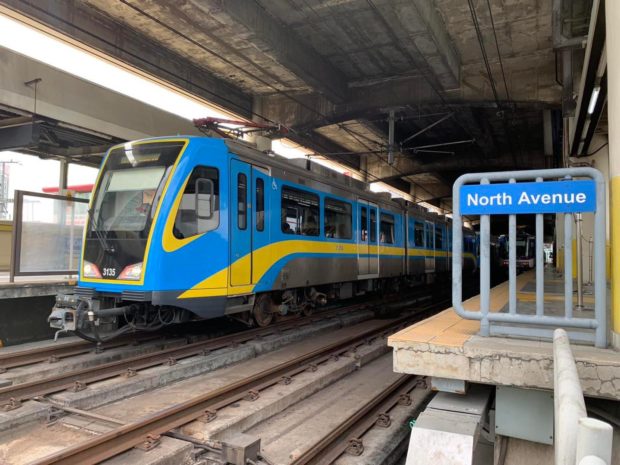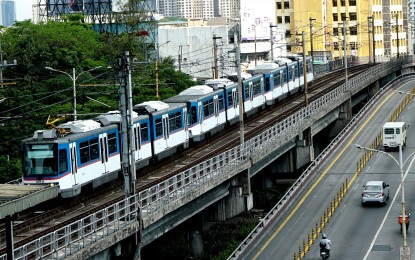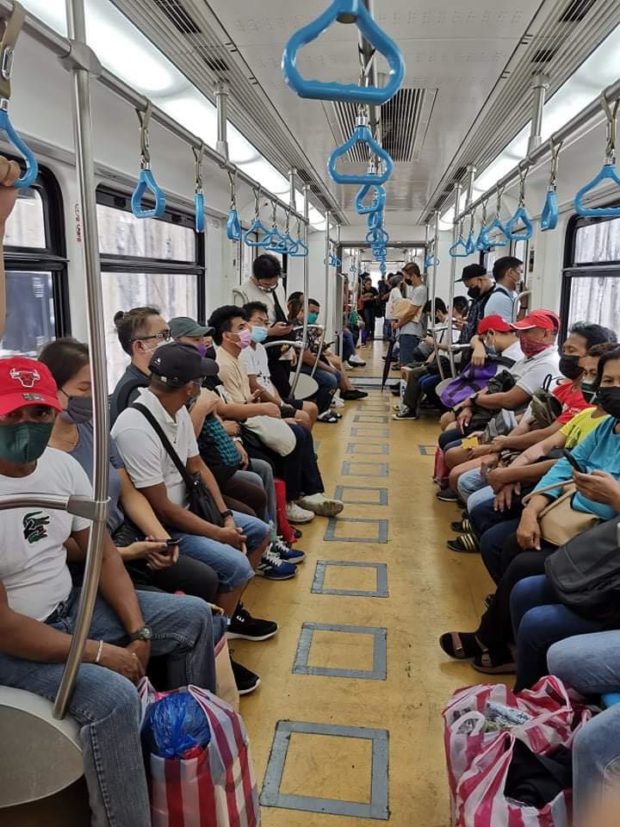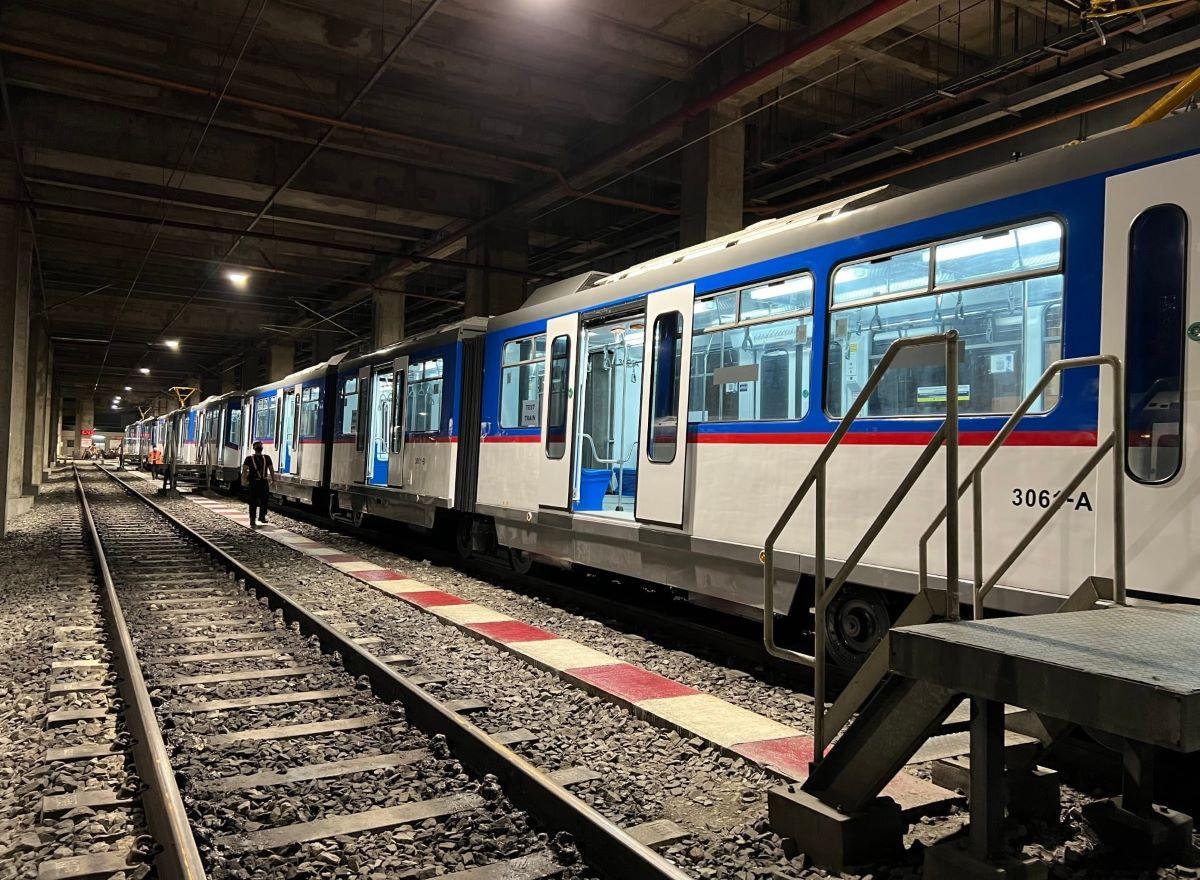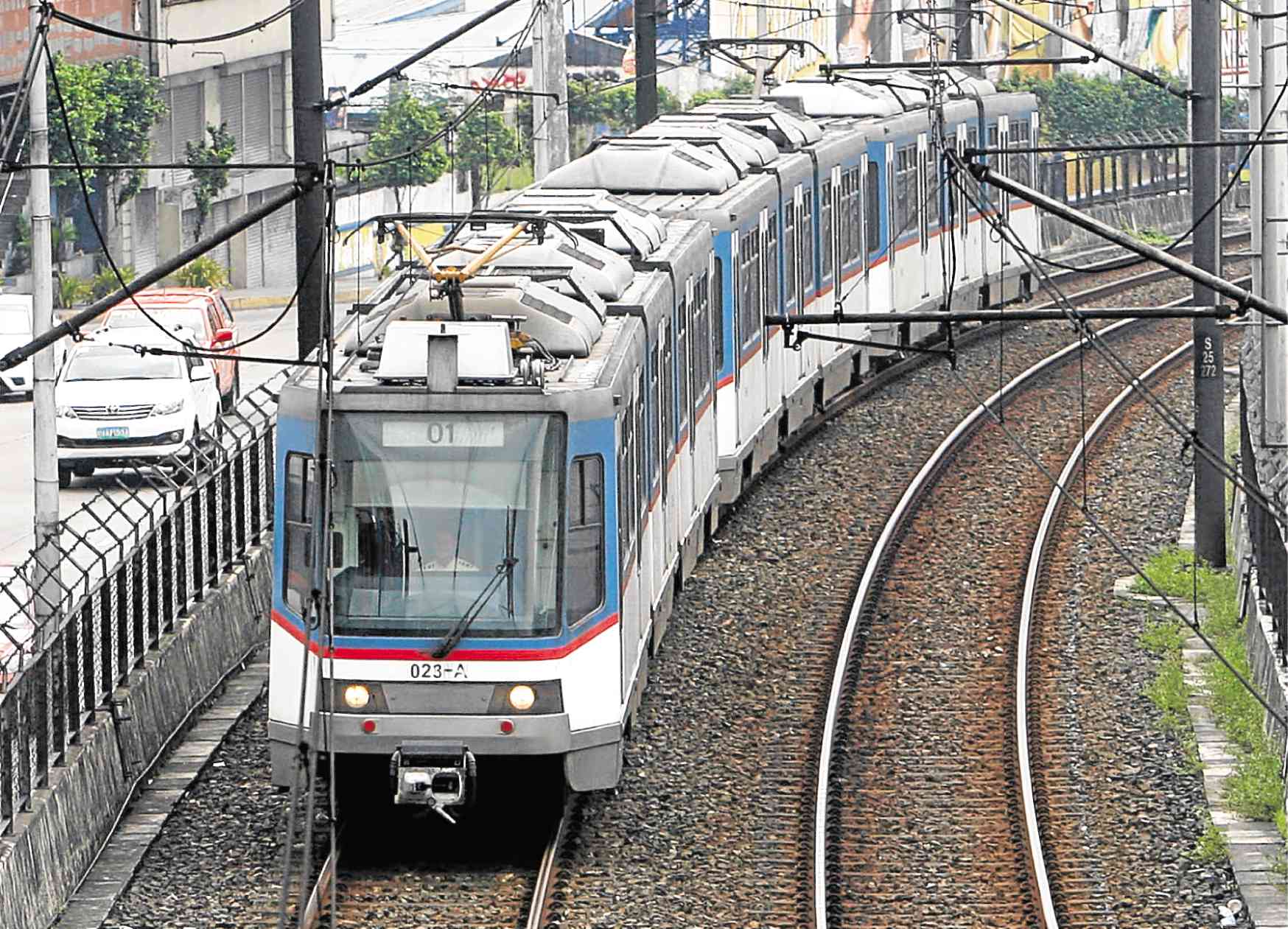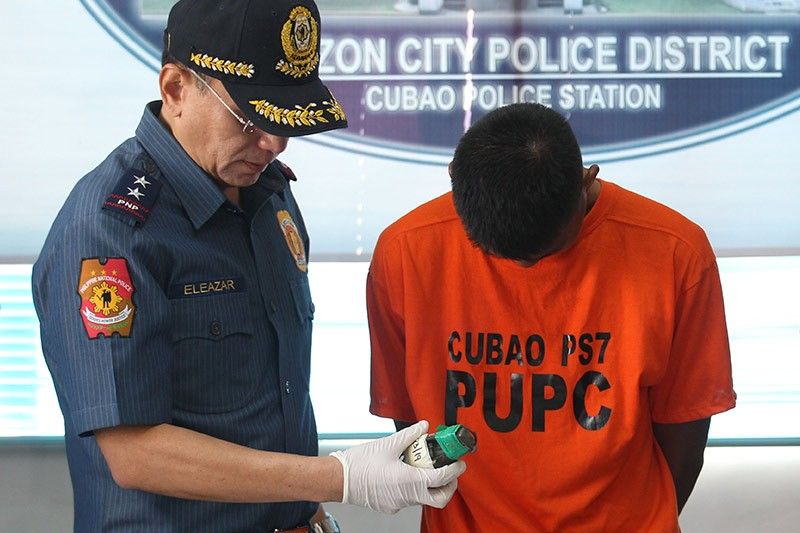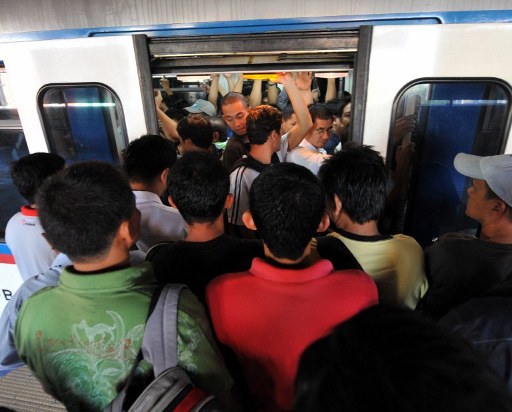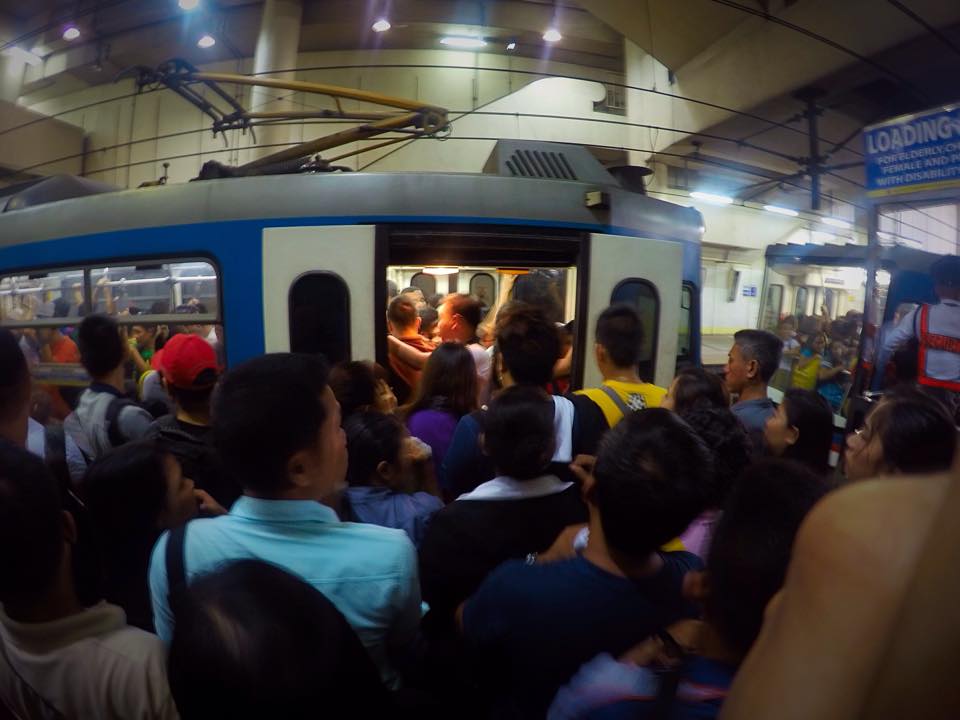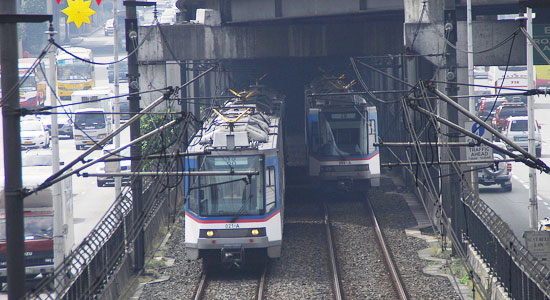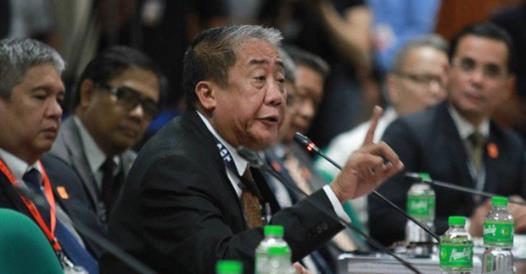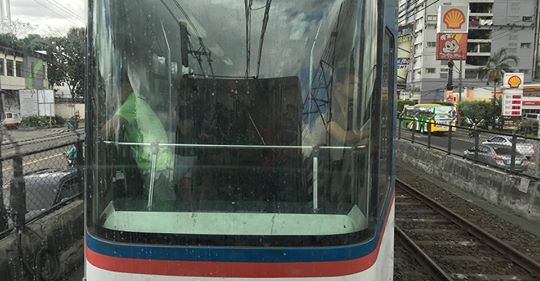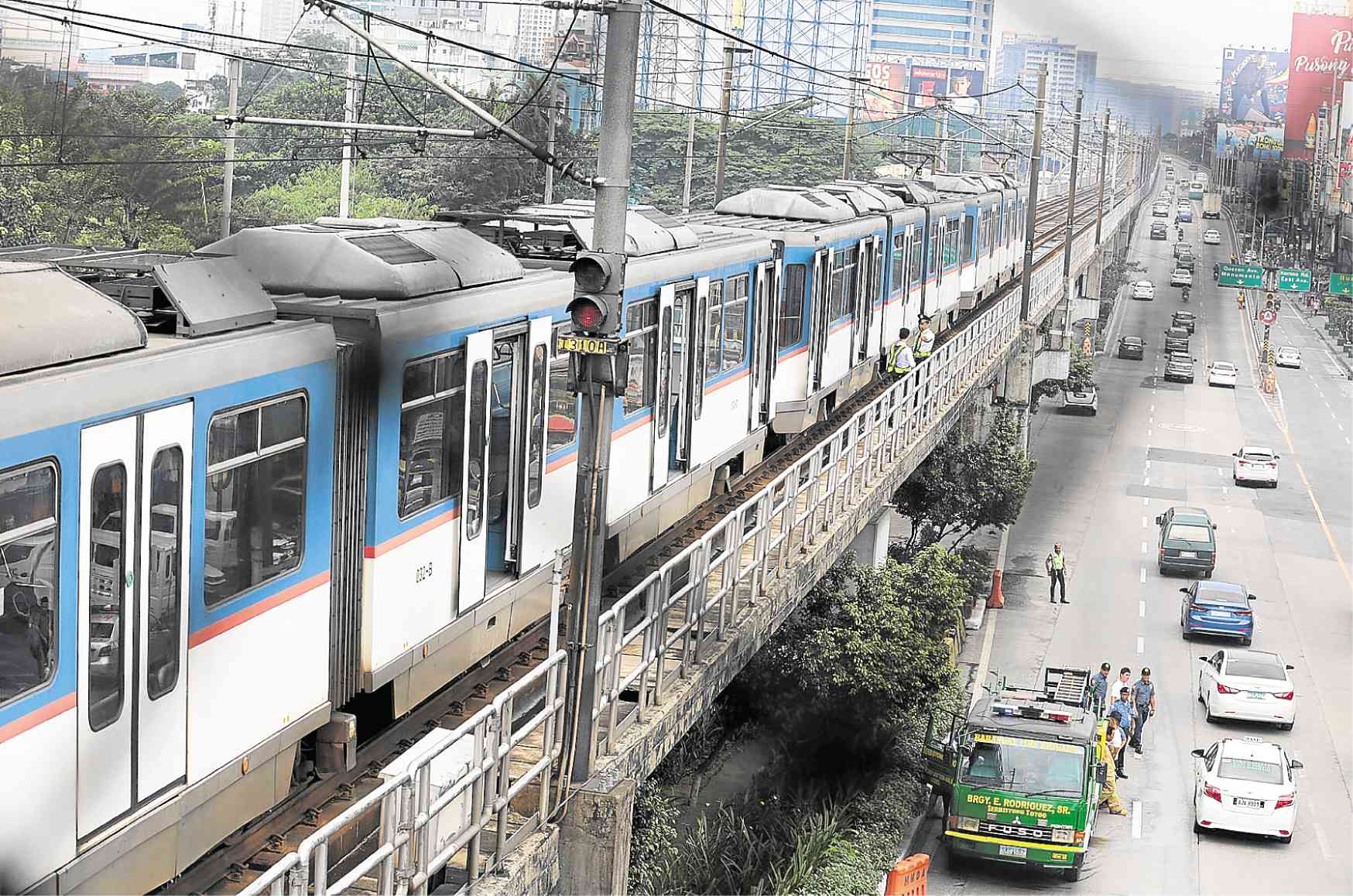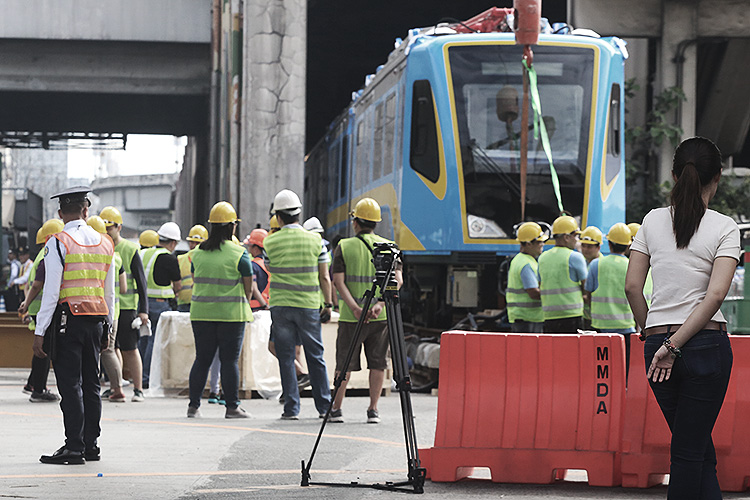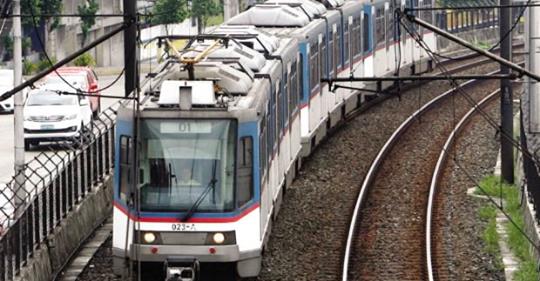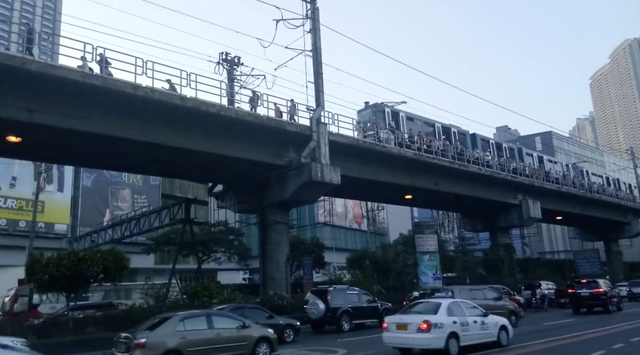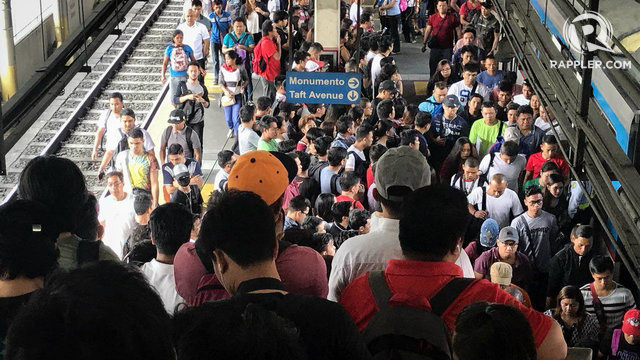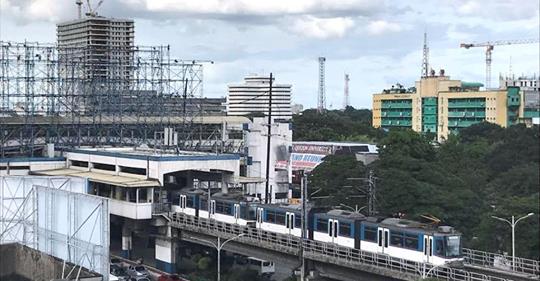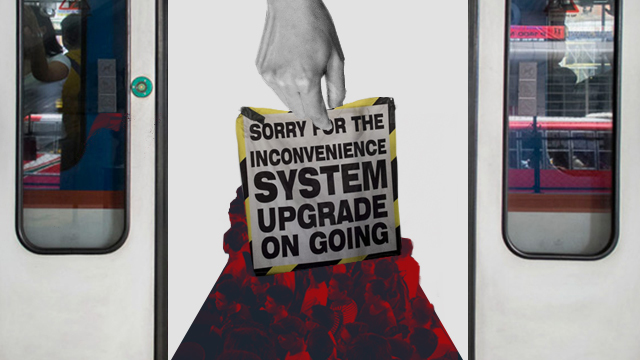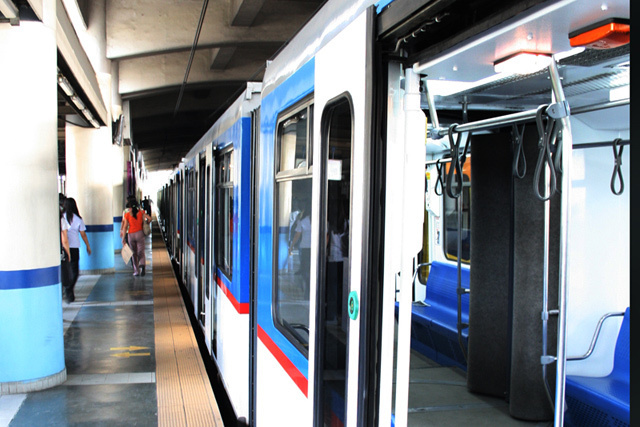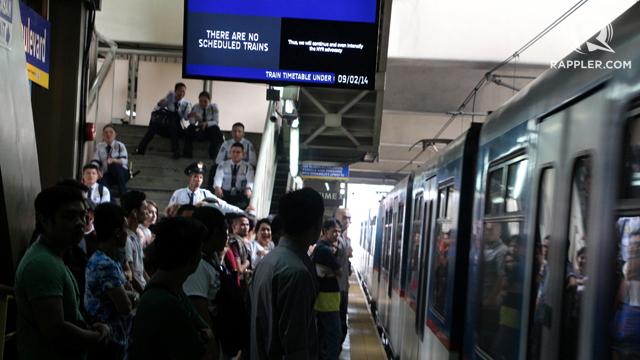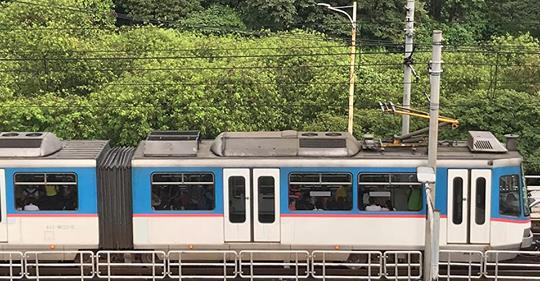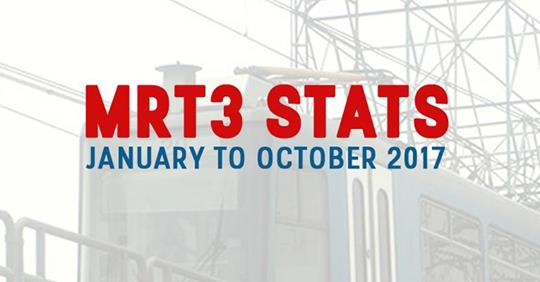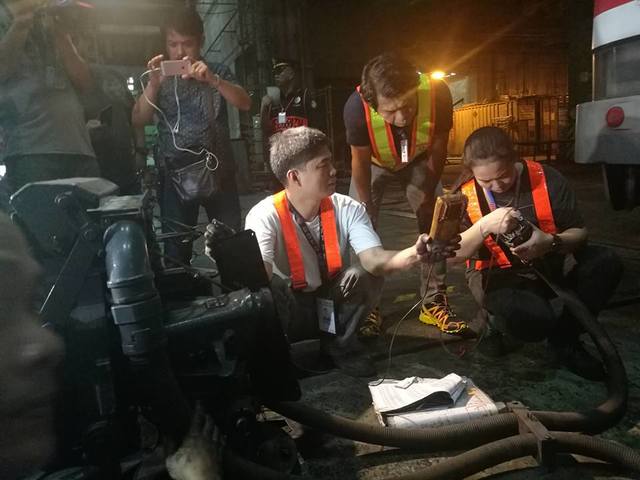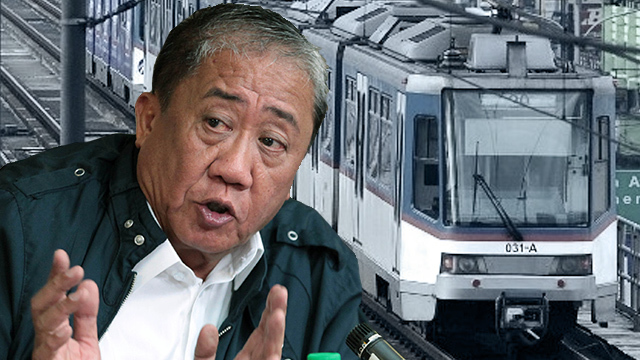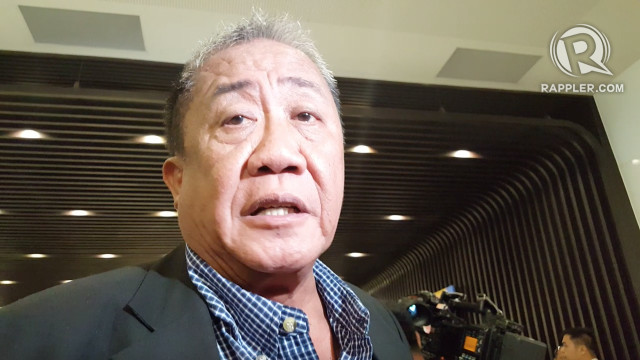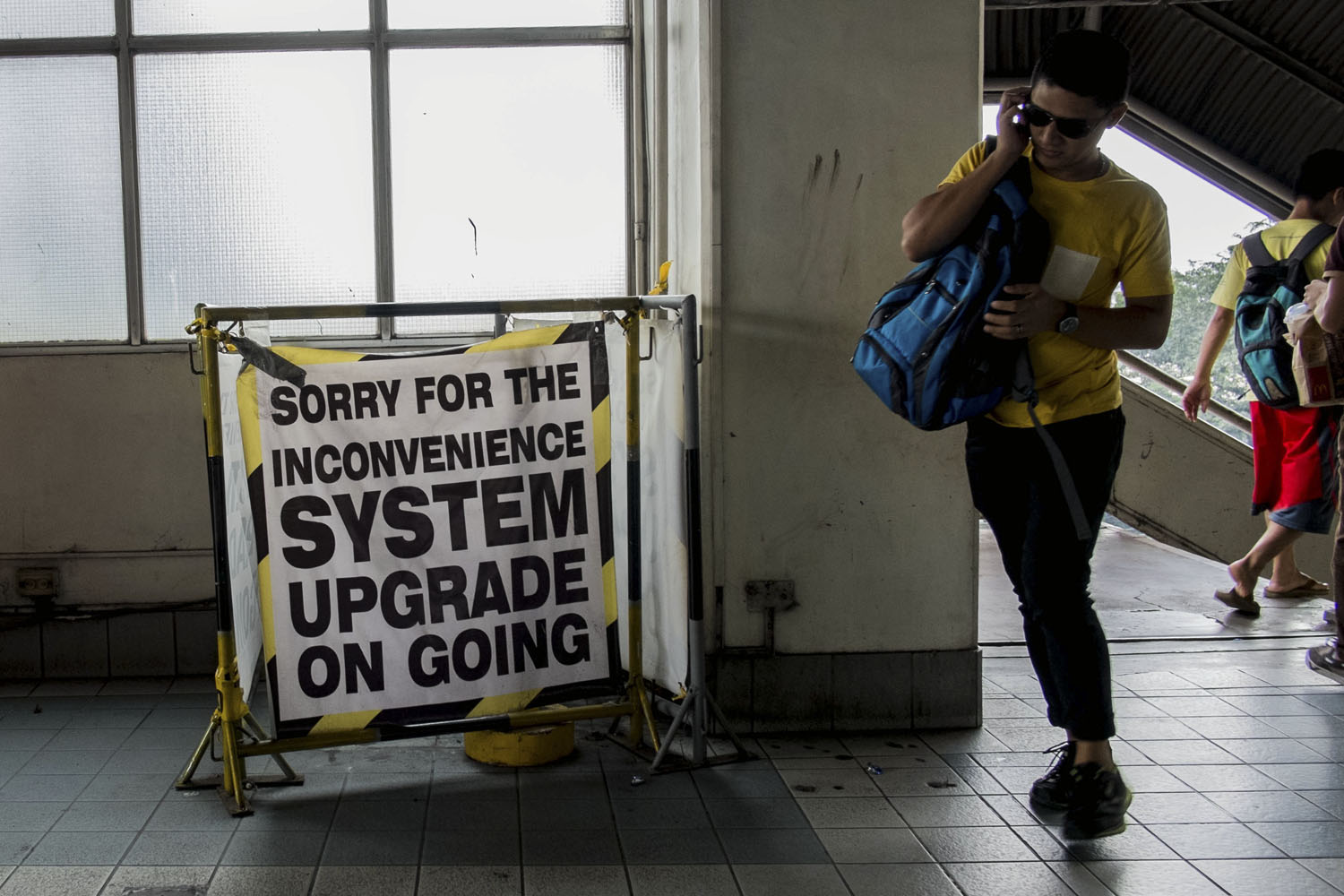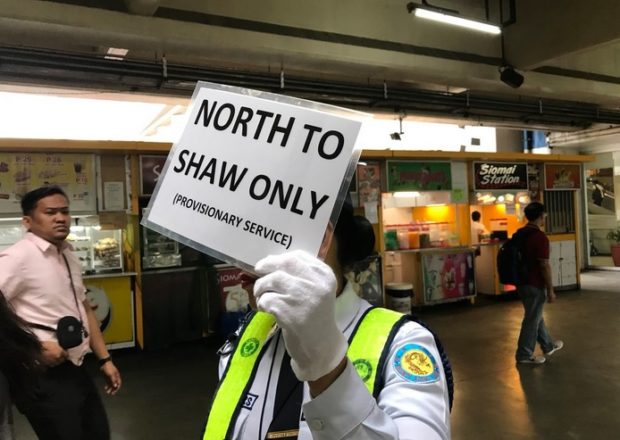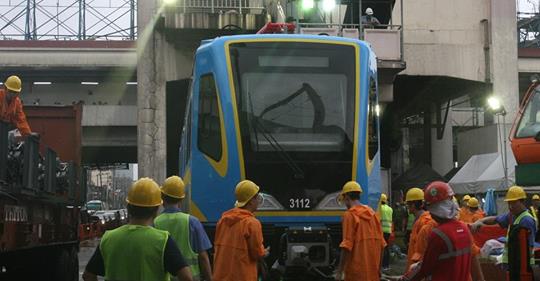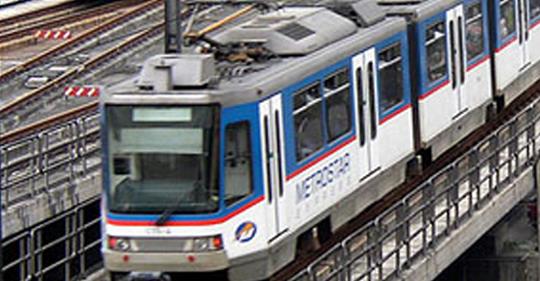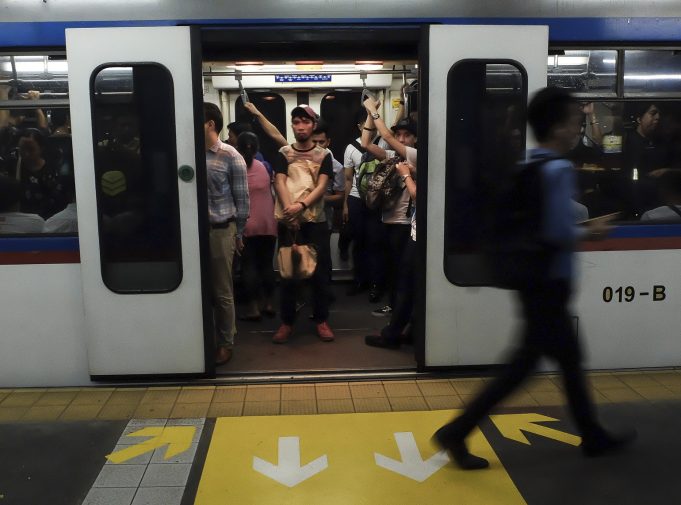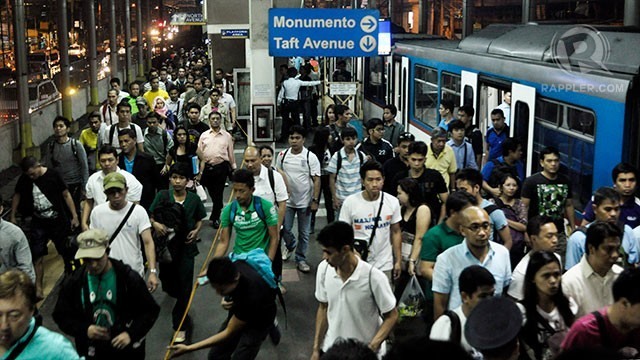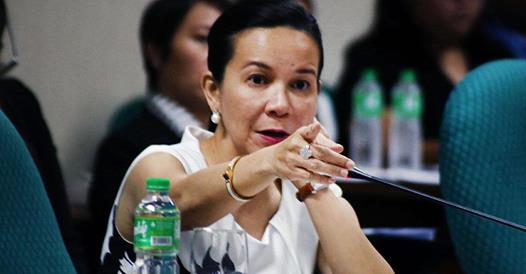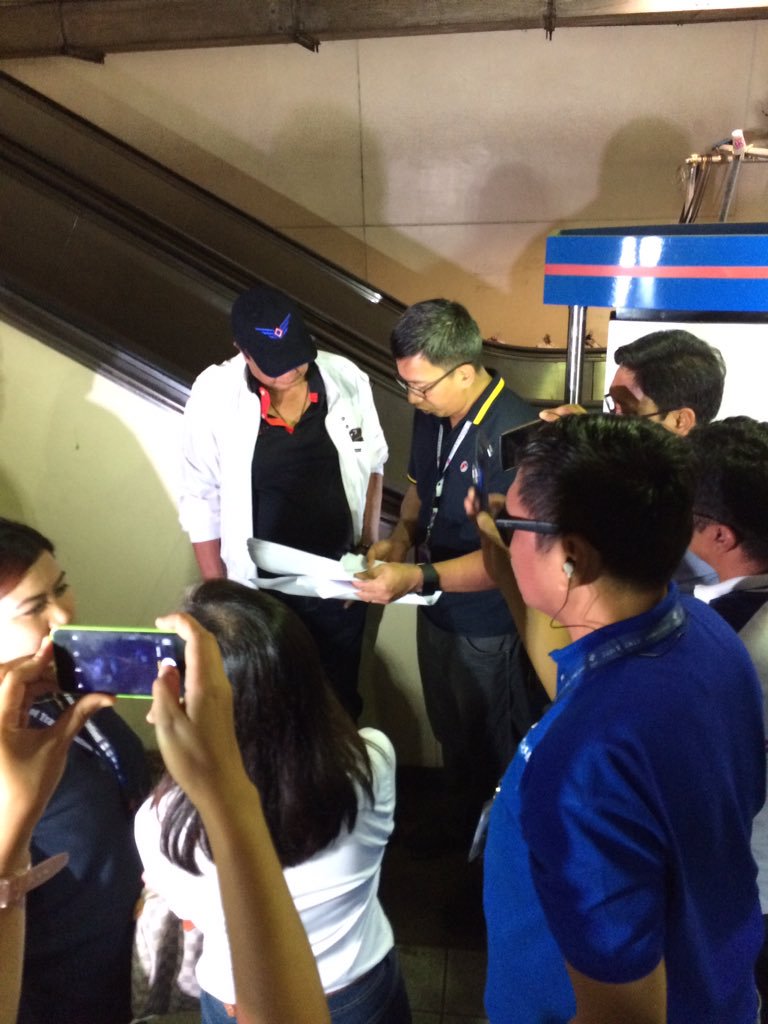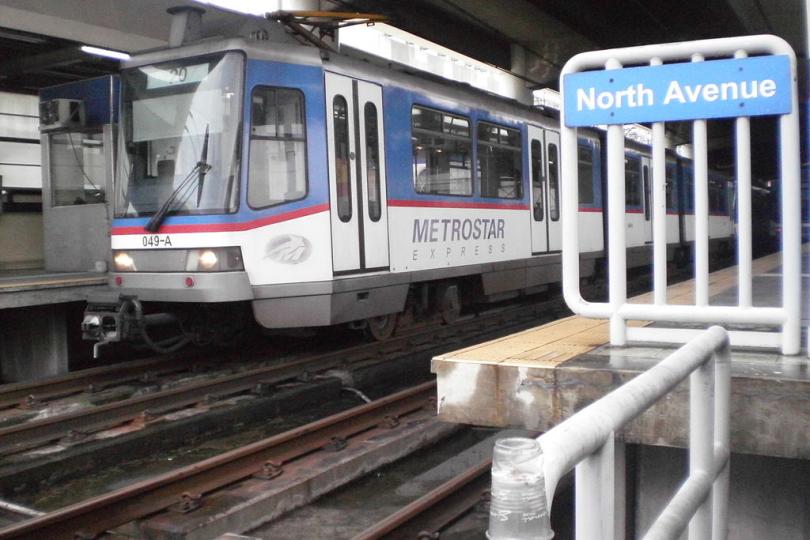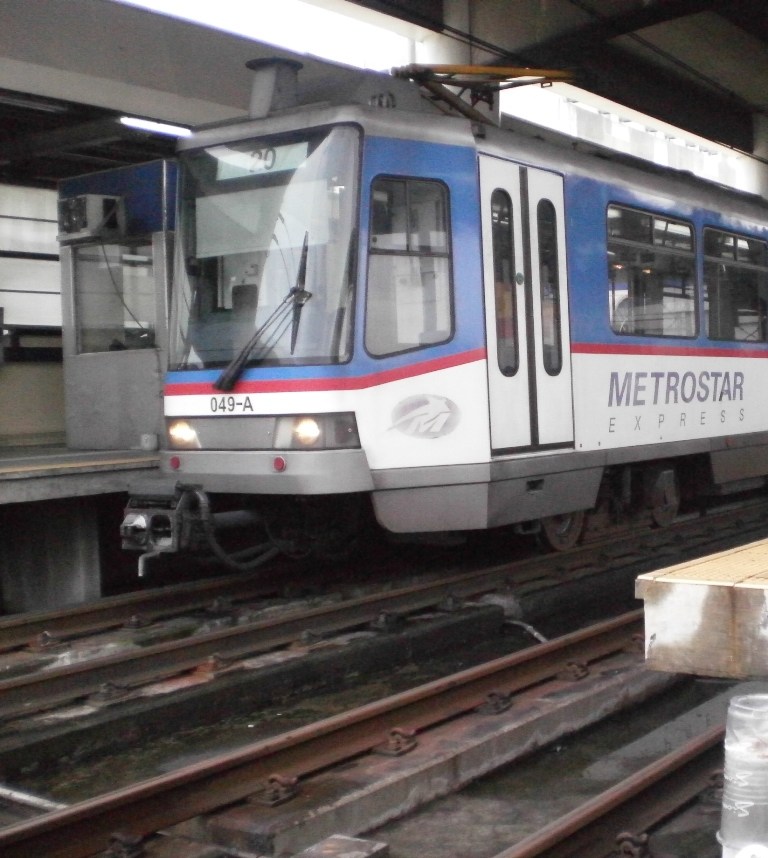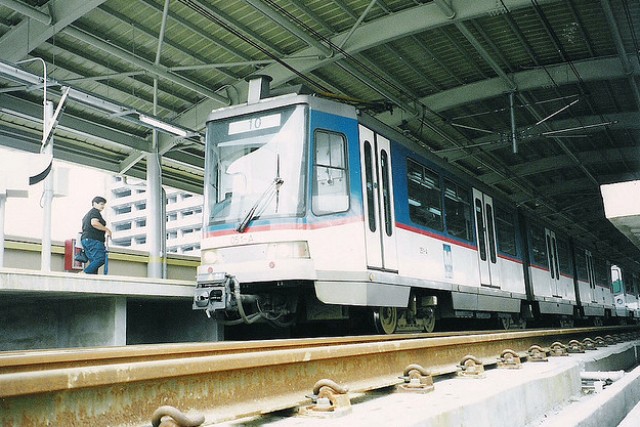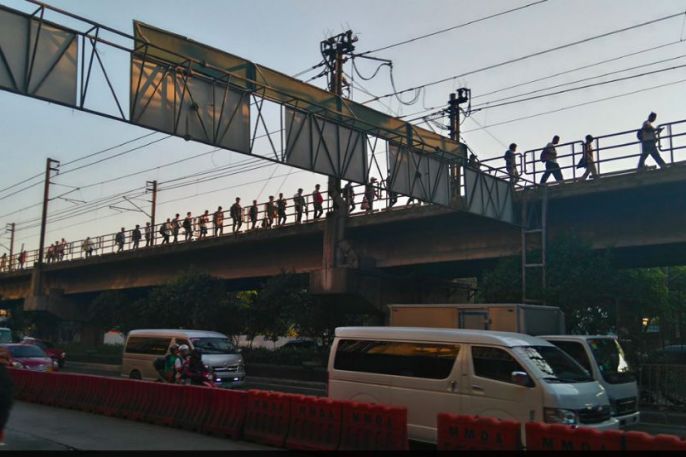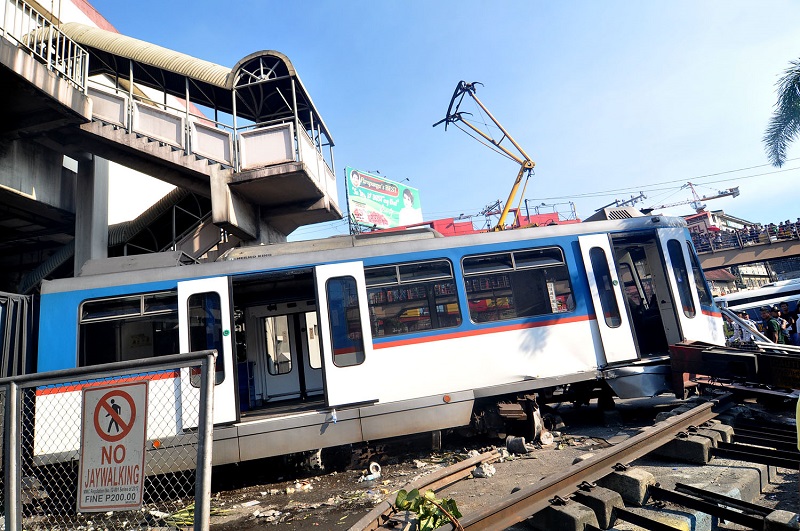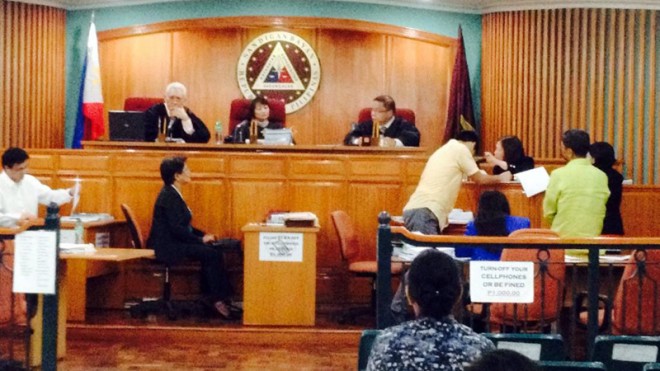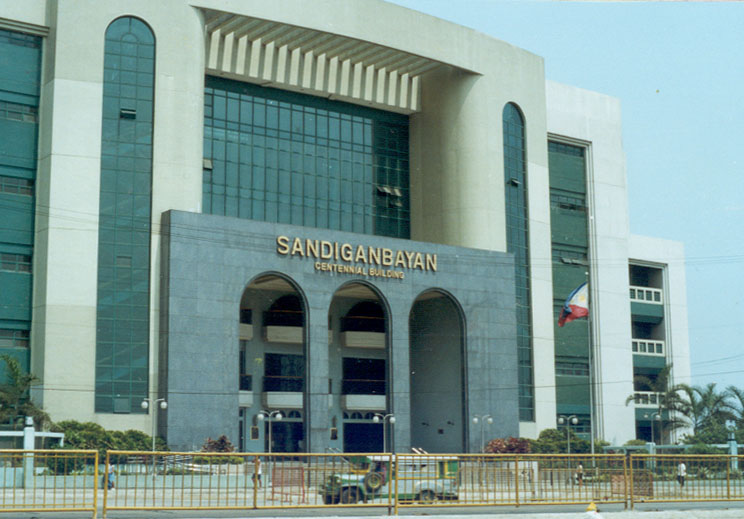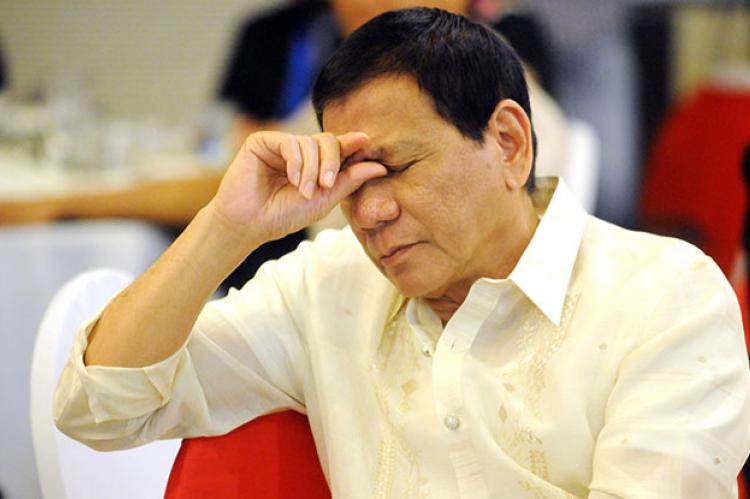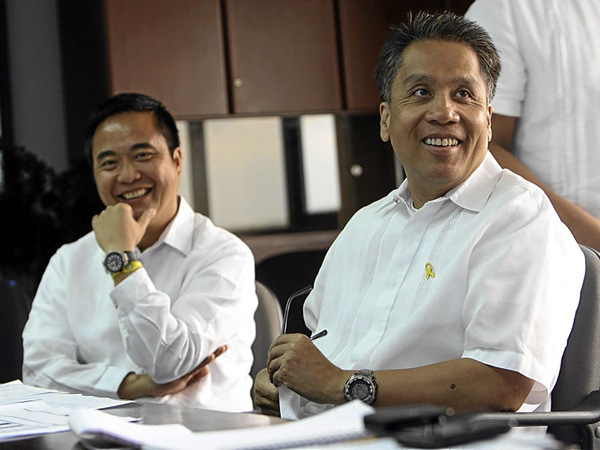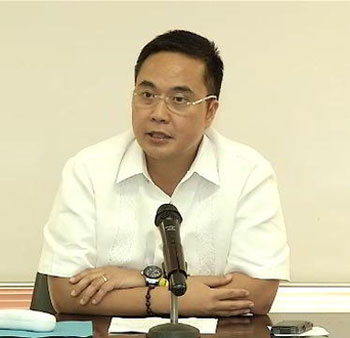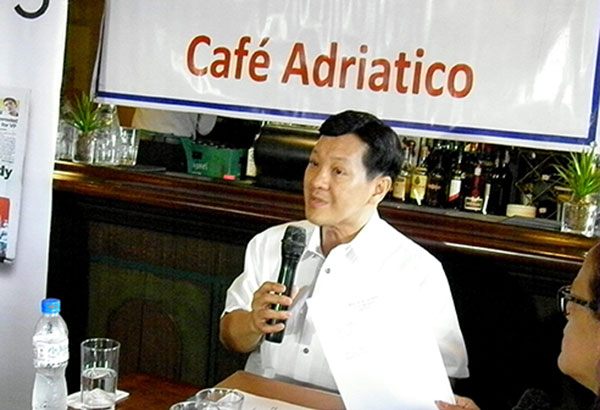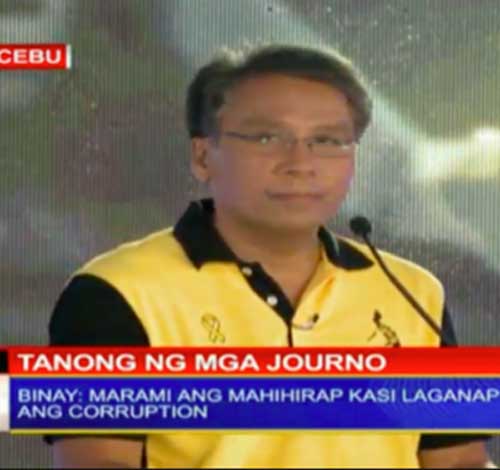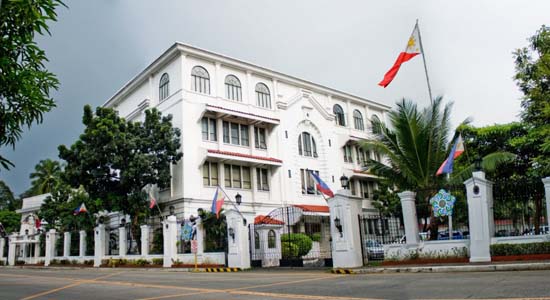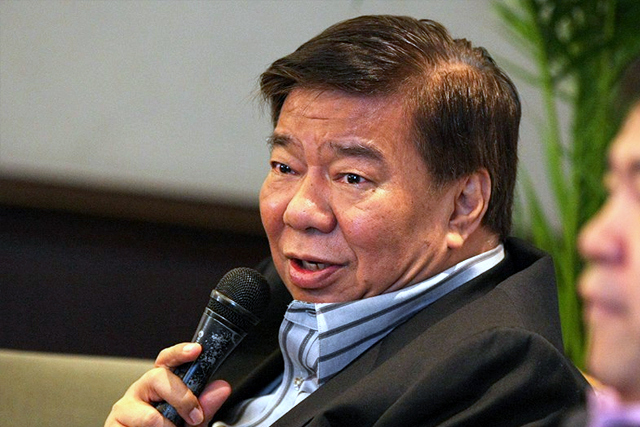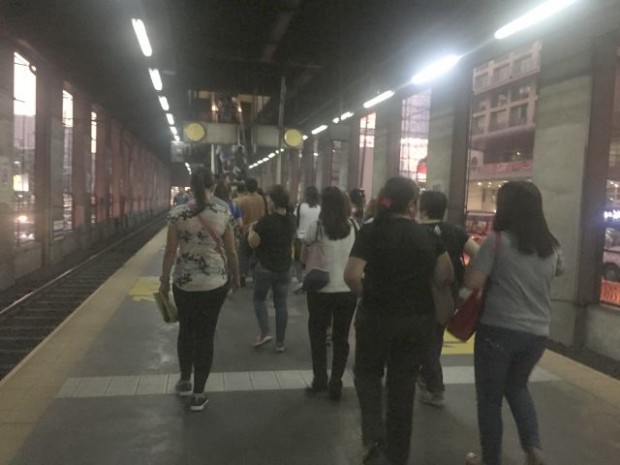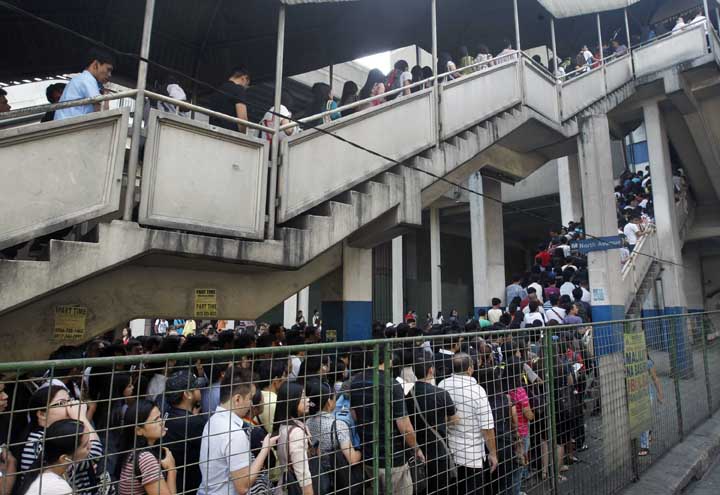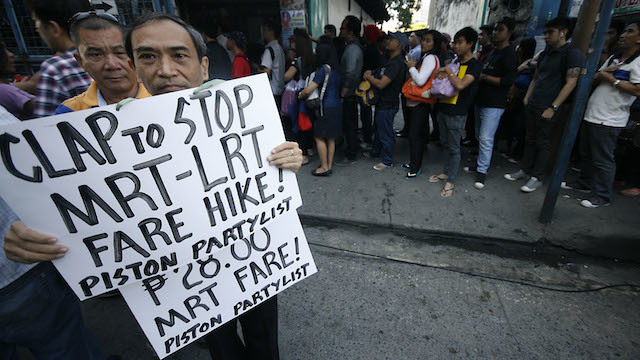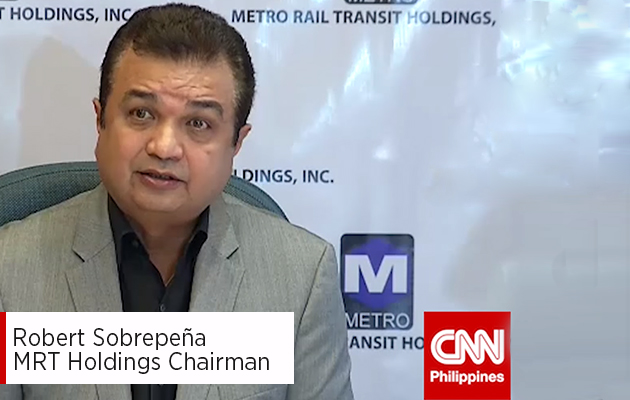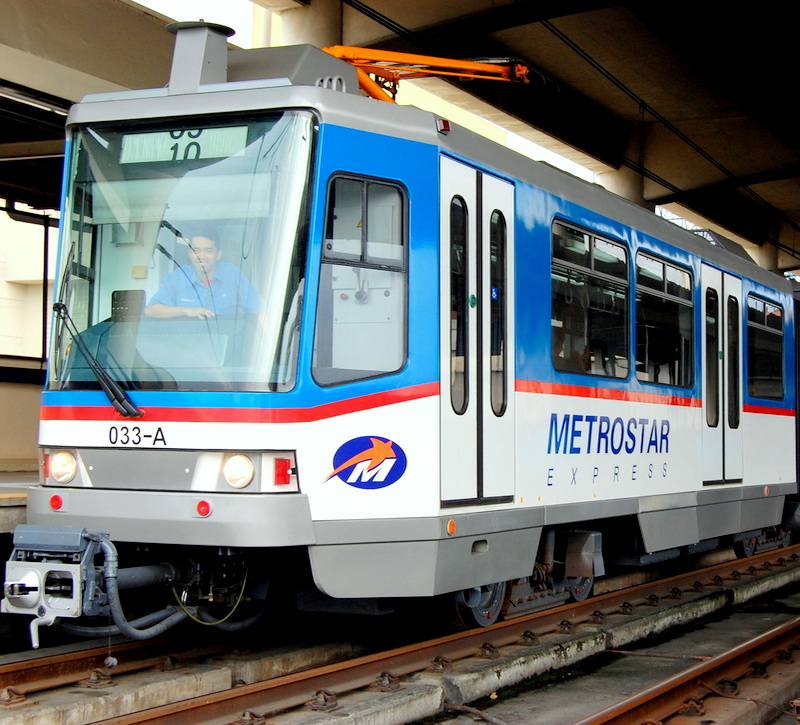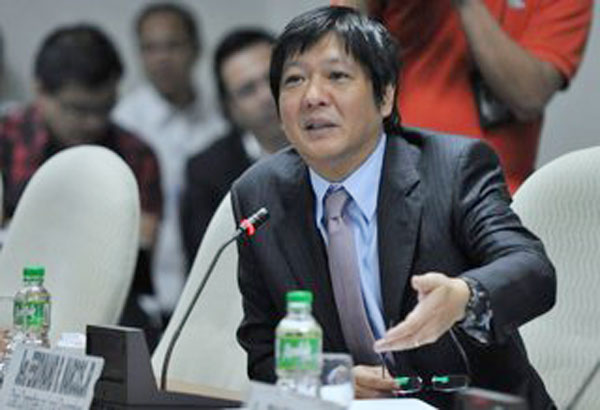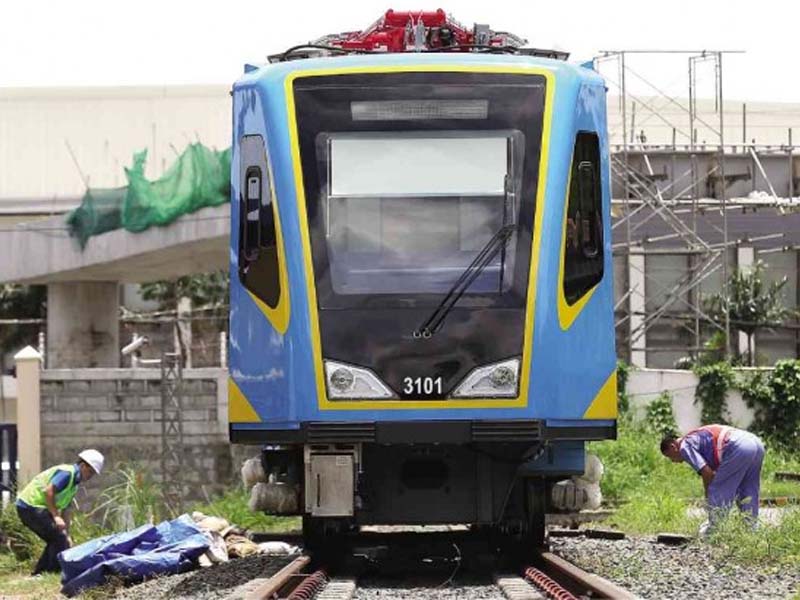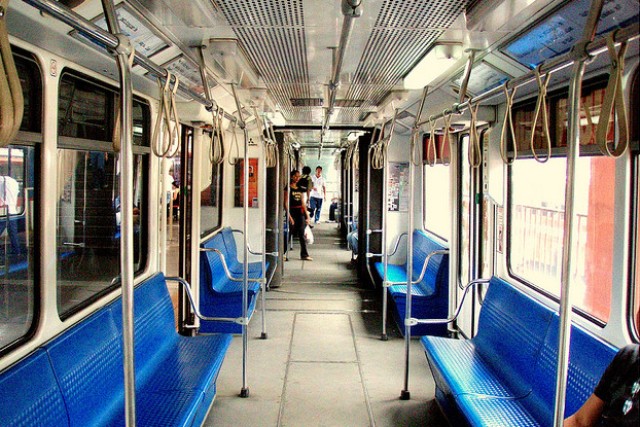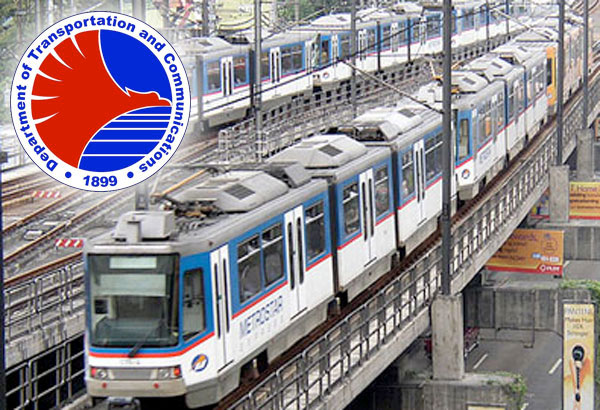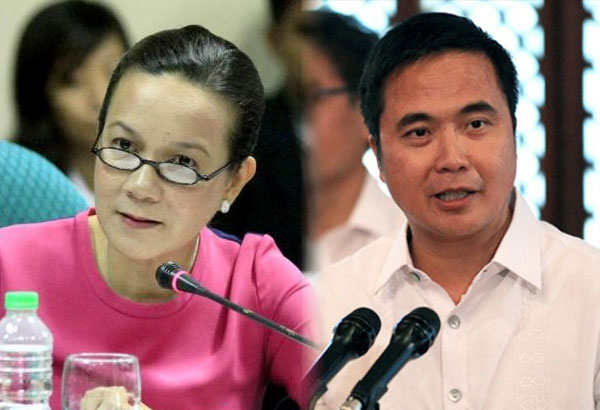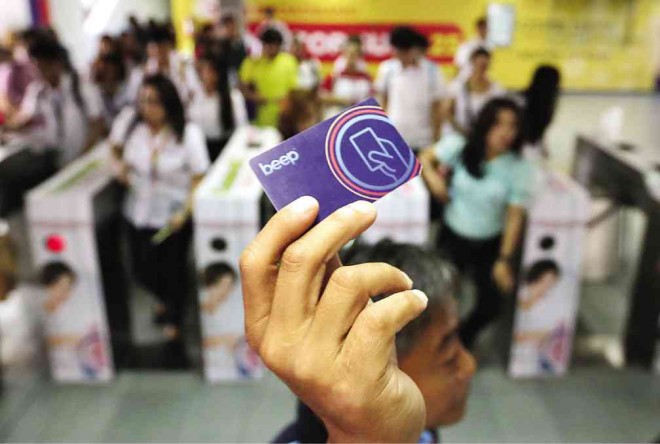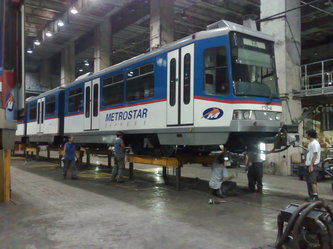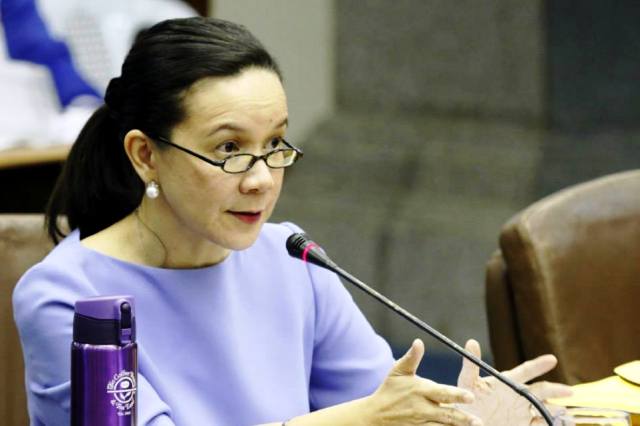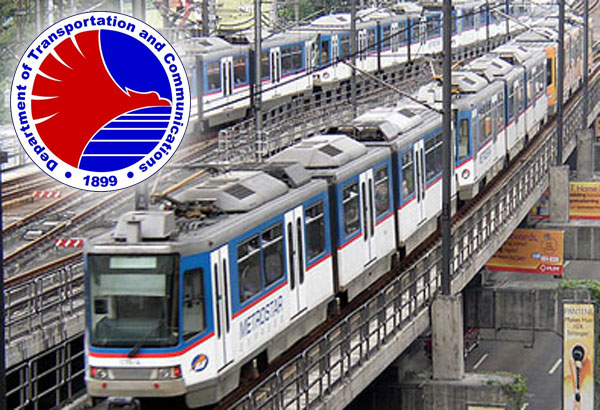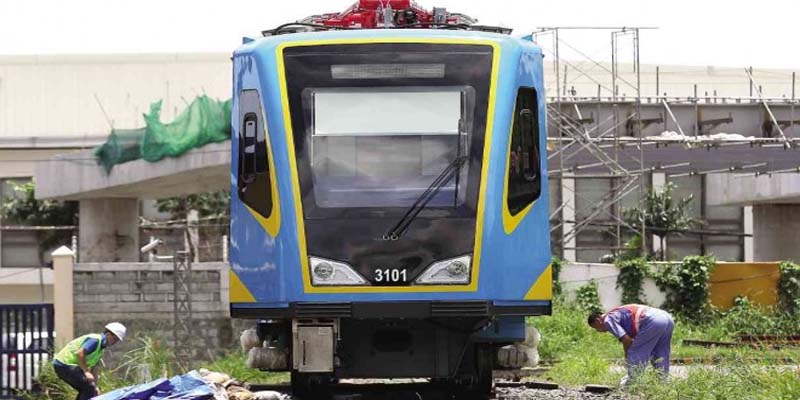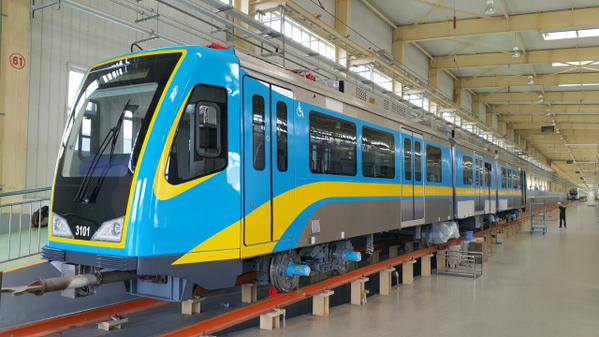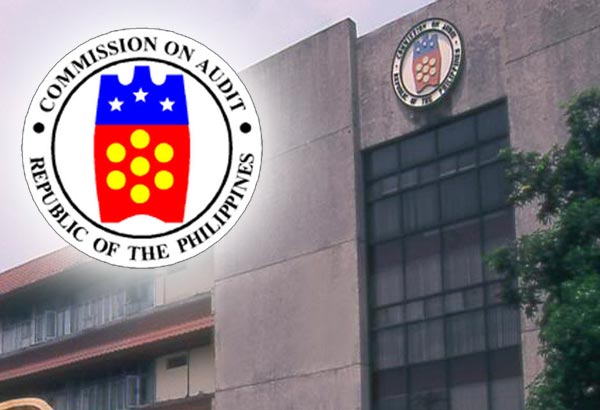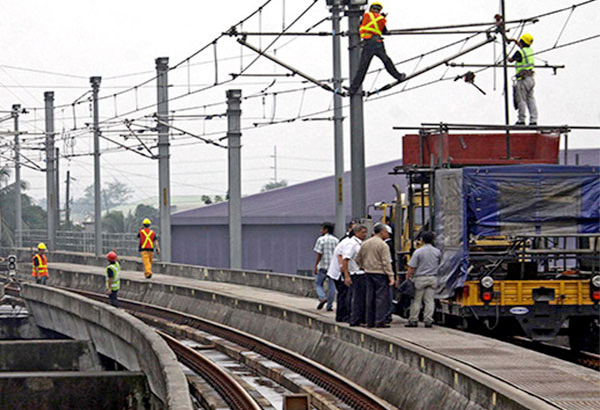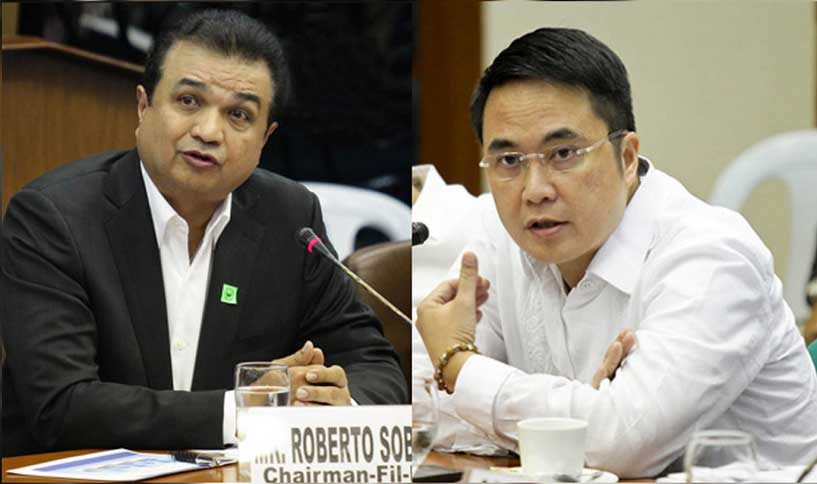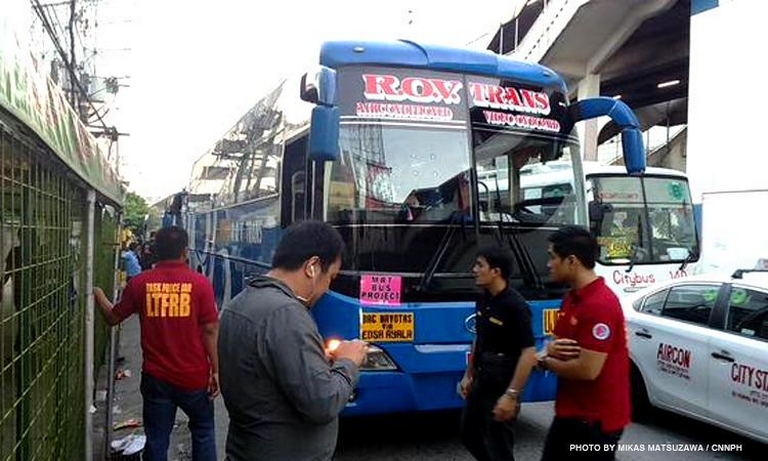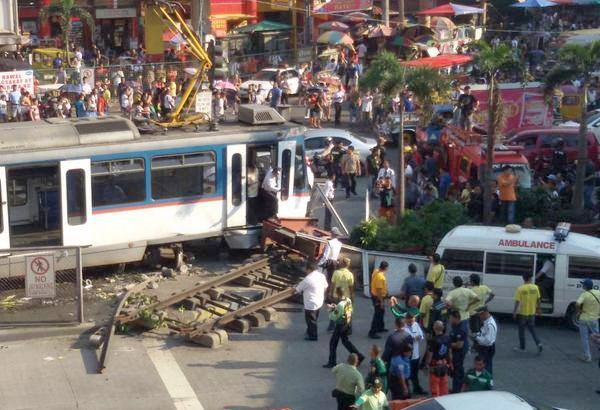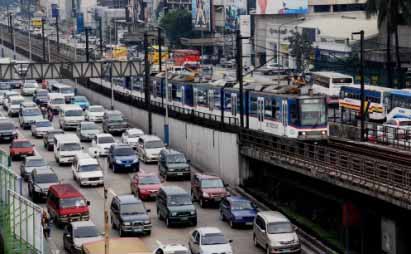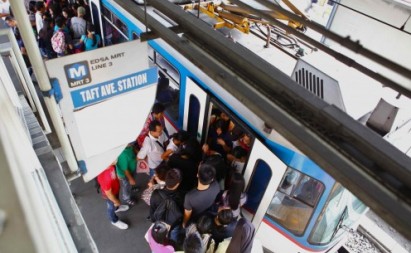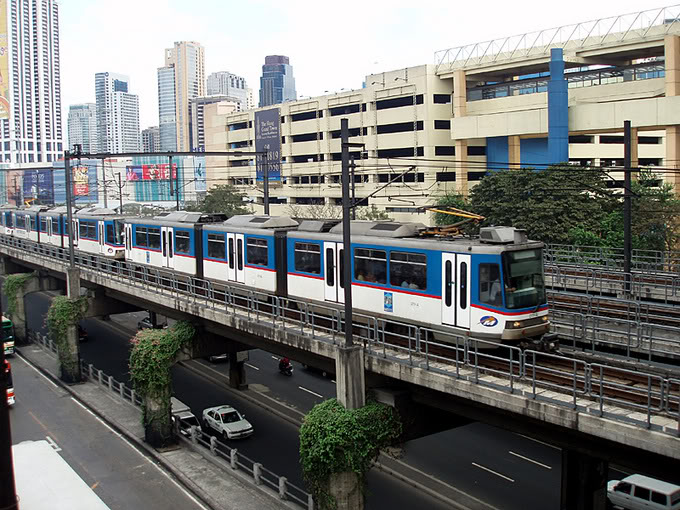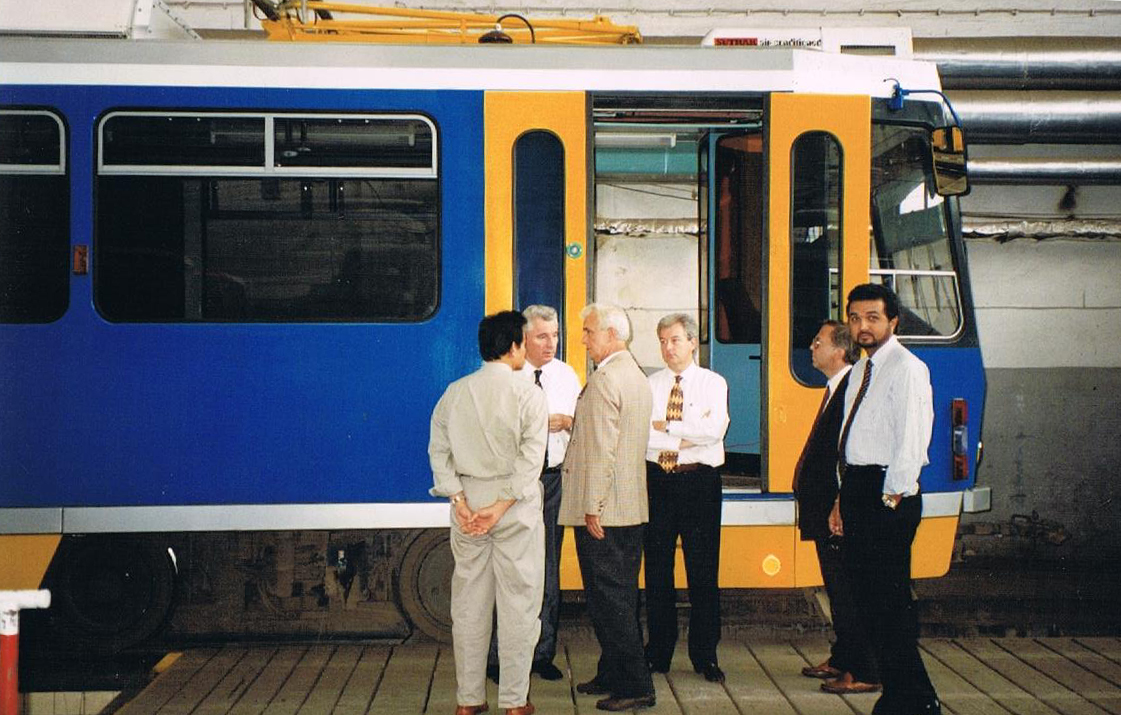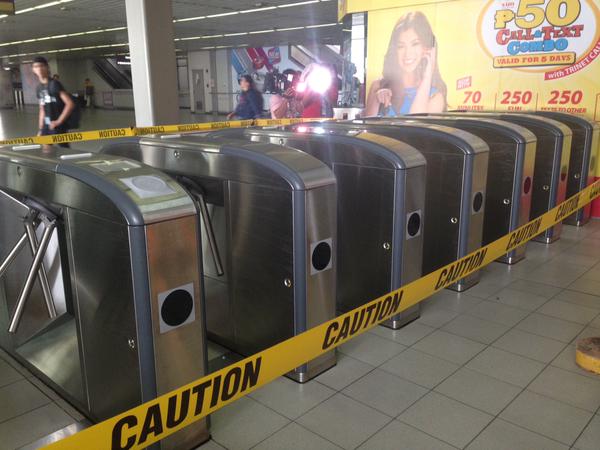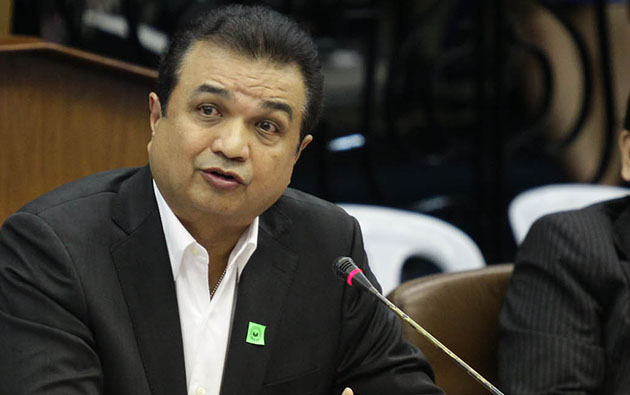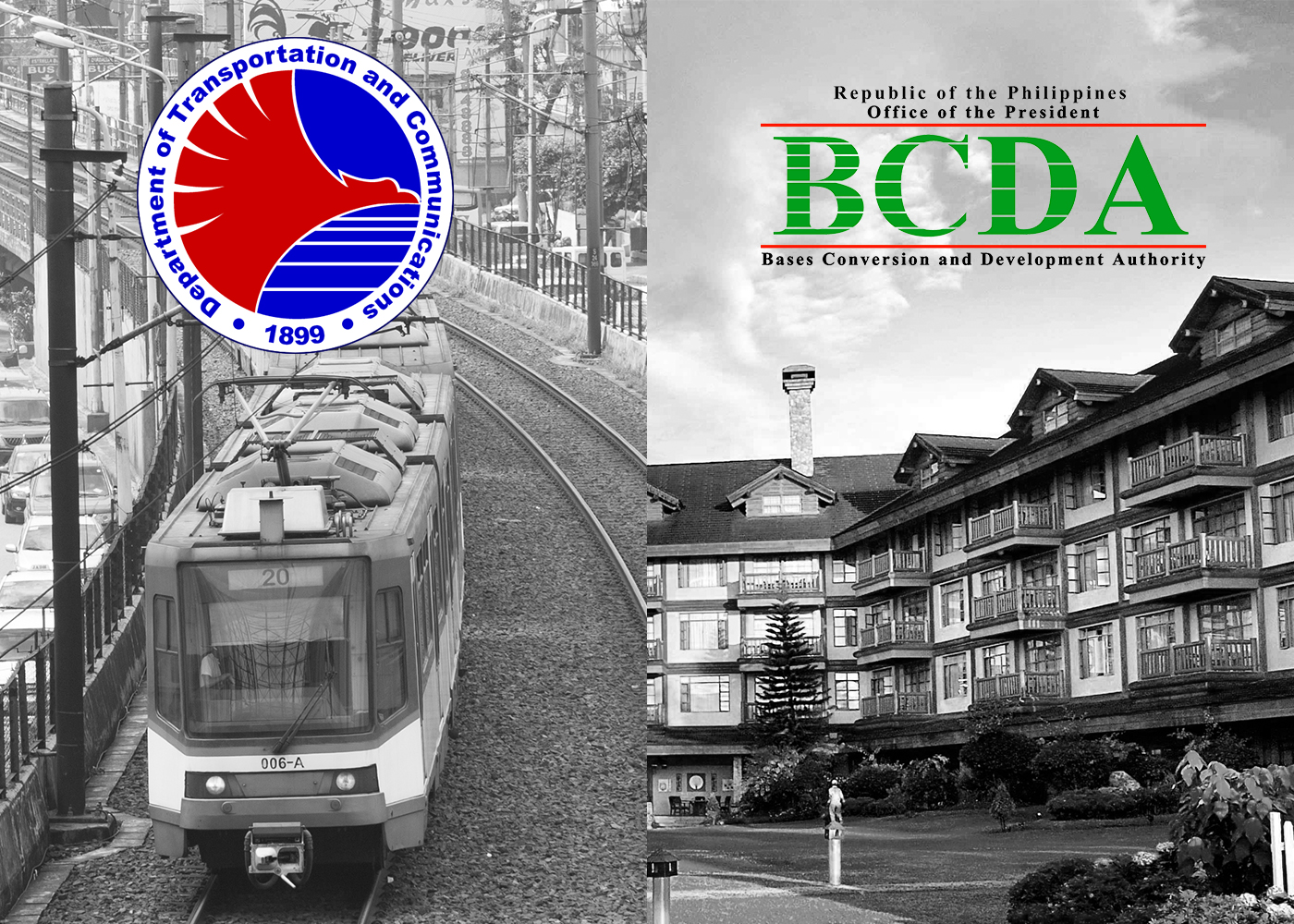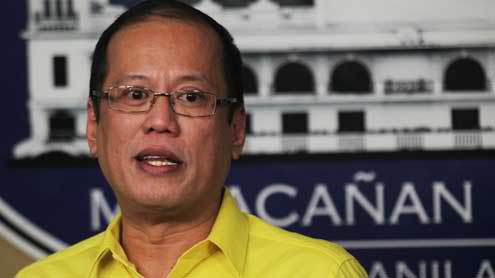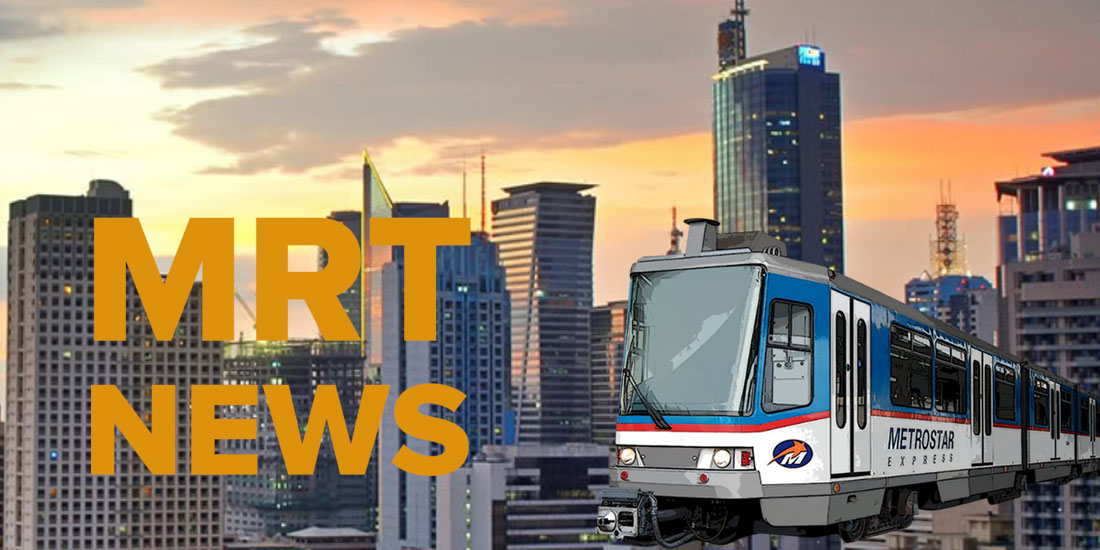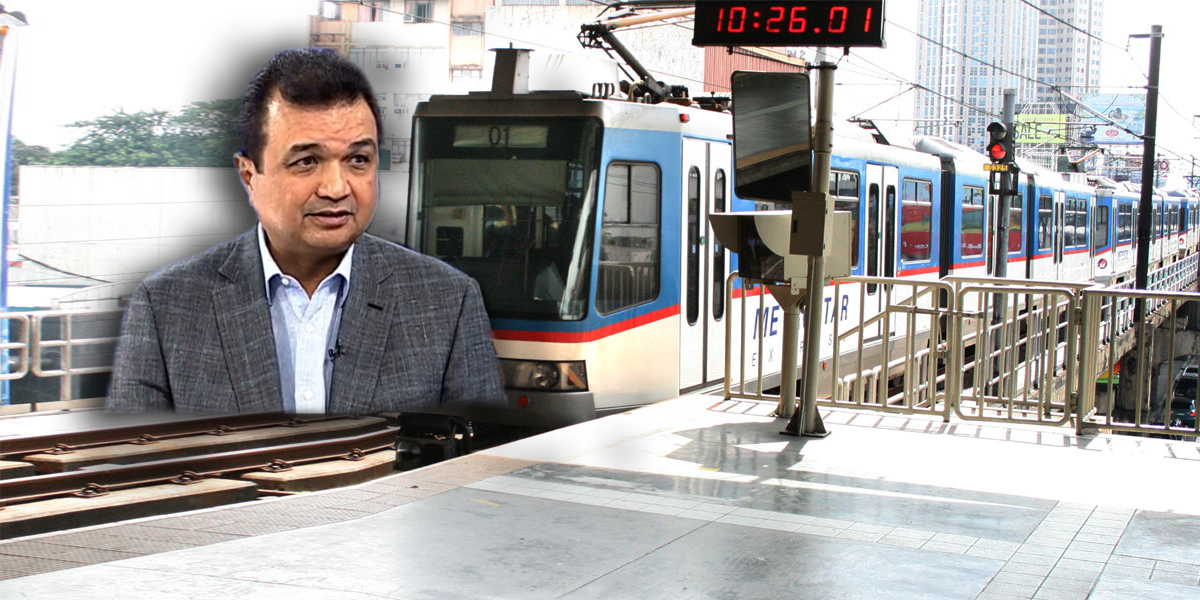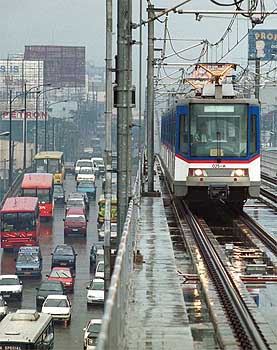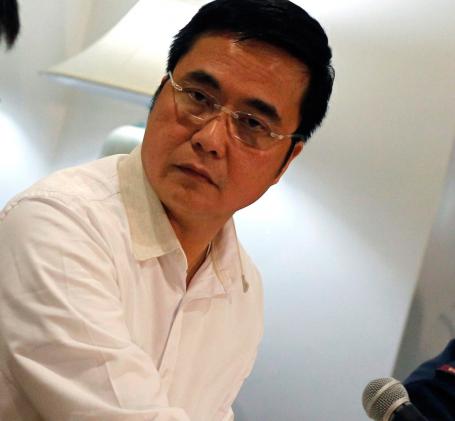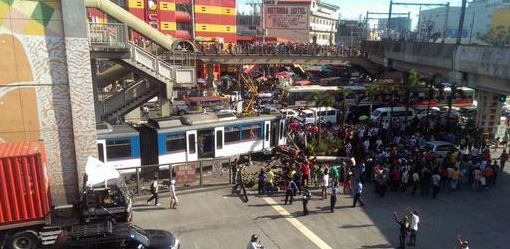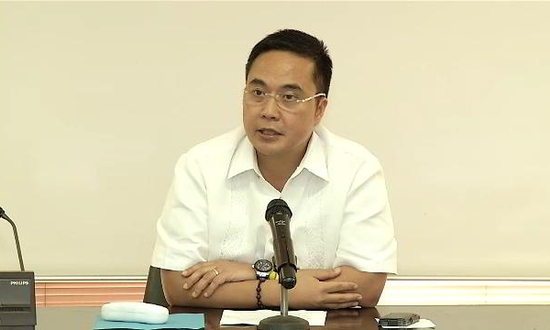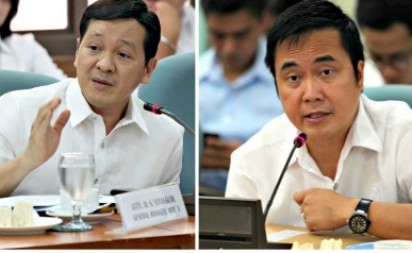MANILA, Philippines - The general manager of the Metro Rail Transit (MRT) has taken a leave of absence as the investigation into his alleged $30-million shakedown attempt on executives of a Czech company continues.
MRT general manager Al Vitangcol III filed a leave of absence a day after President Aquino assured the nation that the government is investigating the alleged extort try on officials of the Czech railway firm Inekon Group, which was eyeing the contract to supply trains for MRT 3 expansion.
Secretary Joseph Emilio Abaya of the Department of Transportation and Communications (DOTC) said Czech Ambassador Josef Rychtar had tagged Vitangcol in the alleged shakedown in July 2012.
The DOTC has yet to name an officer-in-charge for MRT.
“Vitangcol filed for leave and this is currently being processed. I haven’t seen the document,” Abaya said.
Vitangcol was allegedly part of a group that tried to extort $30 million – later reduced to $2.5 million – from Inekon. Rychtar was present in the alleged shakedown.
Headlines
“If found guilty, we will throw the book at him. But if he is not guilty, his name would have to be redeemed,” Abaya said last week in reaction to Rychtar’s allegation.
“Yes, Vitangcol was named by the ambassador. We are investigating the whole issue despite not receiving any formal complaint or receiving any evidence to substantiate,” Abaya added.
The Inekon Group was among the five companies that bought bidding documents from the DOTC for the P3.8-billion MRT 3 expansion project. Inekon, however, did not show up for the actual bidding.
Vitangcol vehemently denied Rychtar’s allegations, calling them “baseless and malicious.”
He stressed the DOTC – through its bids and awards committee – conducted bidding and acquisition procedures in a transparent manner in accordance with Republic Act 9184 or the Government Procurement Act.
Vitangcol said there was no way he or anyone could have contravened the government’s bidding and procurement procedures.
“There is no room for anybody to claim that they can influence the outcome of the bidding process. The decision of the BAC is always a collective one – not the decision of a single person,” Vitangcol said.
“Thus, it is impossible for anyone, including me or anybody for that matter, to promise to a contractor or supplier that they can guarantee the award of a project to them in exchange for a certain fee,” he said.
In January 2012, then DOTC Secretary Manuel Roxas II said Vitangcol was chosen to lead the MRT for his “in-depth knowledge of information systems and experience working with large international and local banks as an IT specialist.”
Despite his new assignment, Vitangcol was allowed to keep his post of director for Policy Formulation and Evaluation Monitoring Service of the Public-Private Partnership Center of the Philippines.
Roxas also called him and two other new appointees to DOTC line agencies at the time “new blood” and “highly-qualified executives.”
Vitangcol and the two other officials, according to Roxas, possessed the right skills to “resolve the myriad policy and operational issues in our transport systems.”
The three officials were handpicked by the administration to “help provide the people a convenient, safe and reliable mode of transport,” he added.
The two other officials were retired Commodore Roland Recomono, named administrator of the Office for Transportation Security; and Francisco Mendoza, executive director of the Land Transportation Franchising and Regulatory Board (LTFRB).
The DOTC had said it expected Vitangcol – a lawyer and civil engineer – to use his “technical and management expertise in running the operations of the railway train system.”
As PPP Center official, Vitangcol’s tasks include reviewing, initiating and recommending plans and policies related to PPP, in consultation with the relevant oversight and implementation agencies and with the private sector.
Such function is considered perfectly fit for his position at the MRT, whose operations and maintenance contract are up for bidding under the PPP.
He reportedly led the PPP team that conceptualized, designed and implemented the Land Transportation Office’s information system.
The P3.8-billion MRT 3 expansion project involves the acquisition of 48 new trains. Currently, MRT 3 has 73 Czech-made trains. Almost 600,000 passengers take the MRT 3 along a 16.9-kilometer stretch from North Ave. in Quezon City to Taft Ave. in Pasay City.
In the expansion program, the government hopes to cut waiting time for commuters to 2.5 minutes from three minutes by providing them with four-car trains during peak hours at any one time and direction from the current three-car trains. Rainier Allan Ronda

 Twitter
Twitter Facebook
Facebook